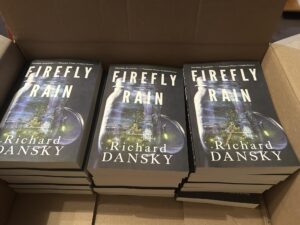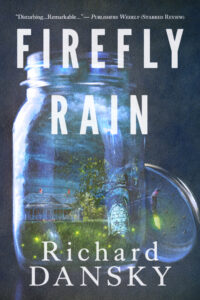GDC has come and gone. So, too, has Scares That Care Authorcon II, both of which were lovely and exciting experiences. Returning to GDC in person was wonderful. The Narrative Summit, which I sit on the advisory board for, was excellent. The student presenters who had won the competition I judge were superb and in one case, extremely moving. And my three round tables were full, with lively discussion and good back-and-forth from a wide range of attendees. I got to see too many friends there to recount, and made some new ones along the way.
AuthorCon II was a very different show, being devoted to (surprise) writers and all things writing. Again, saw a great many friends and was introduced to new ones there. I caught up with folks like Maurice Broaddus and Tim Lebbon, whom I hadn’t seen in seven and thirteen years respectively, as well as many others. I also ran a four hour workshop on writing for video games that had good attendance from sharp students who asked good questions. I went home tired but happy.
So with that done, time to rest, right? Wrong! Next week is East Coast Game Conference, for which I help wrangle narrative content. It’s a wonderful show – low pressure, high content, and very friendly – and I’m glad to be a part of it. If you can get to Raleigh next week and you have an interest in gamedev, check it out! I’ll see you there!

